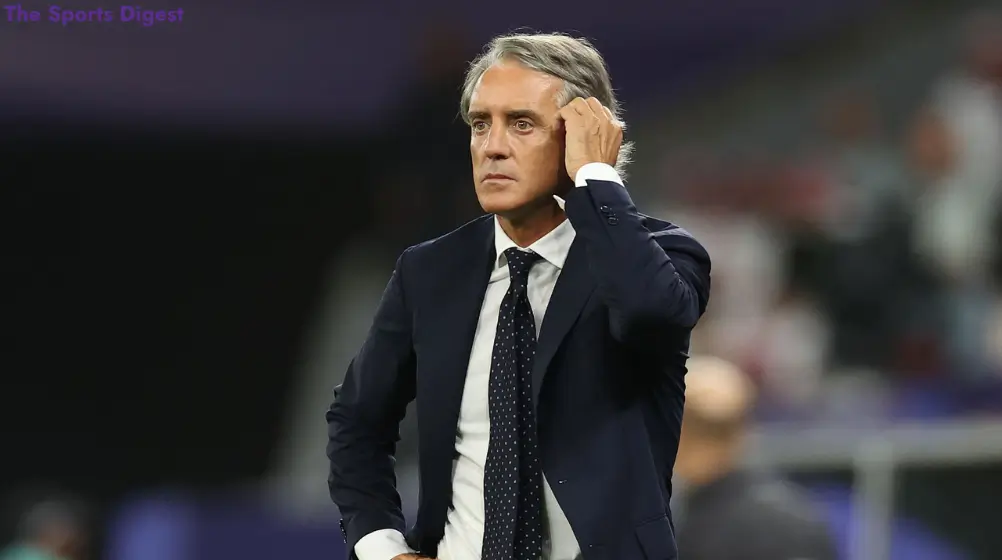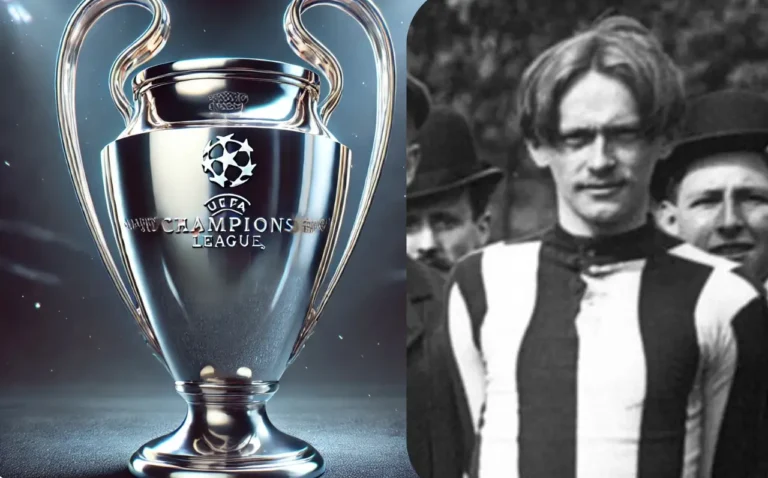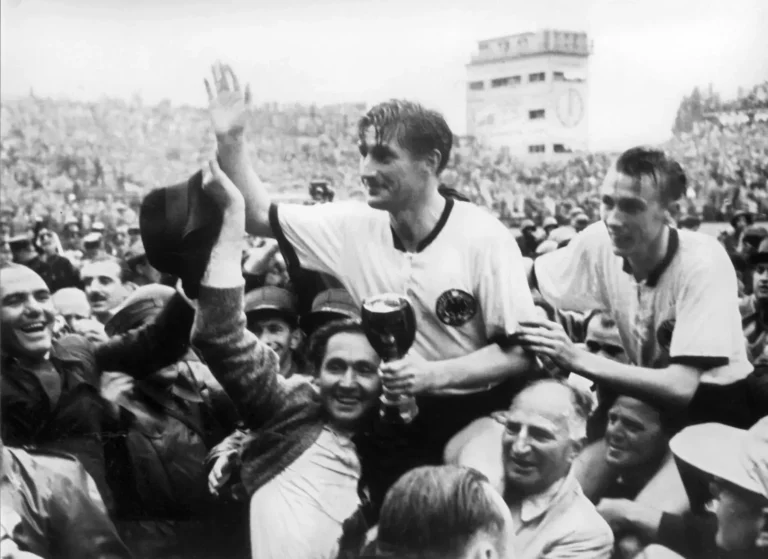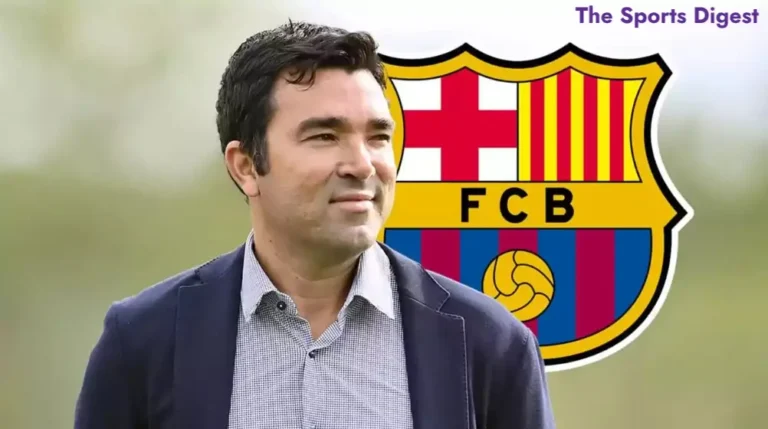Mancini vs Tevez: 5 Shocking Clash Moments
Some moments in the world of football remain etched in memory, some due to players’ exceptional performances and others due to shocking behind-the-scenes conflicts. Among these conflicts, the famous clash between Carlos Tevez and former Manchester City manager Roberto Mancini stands out. This feud, which captivated the media for a long time, was not just because of the tension between the two but also because of Tevez’s unexpected actions and Mancini’s decisions.
Table of Contents
The Beginning: Tevez and Mancini at Manchester City
In the summer of 2009, Carlos Tevez made a high-profile move from Manchester United to Manchester City, a transfer that generated significant media attention. His arrival was met with high expectations, and Tevez did not disappoint. He quickly established himself as one of the club’s most influential players, impressing fans and critics alike with his dynamic playing style, work ethic, and leadership on the field. His determination and goal-scoring ability helped City make strides in their pursuit of challenging for top honors.
However, as time passed, tensions began to emerge between Tevez and Roberto Mancini. Despite his contributions on the pitch, Tevez felt that he was not receiving the recognition and treatment he deserved from the Italian manager. His frustration grew as he began to perceive Mancini’s decisions and approach to managing the team as dismissive of his efforts. The relationship between the two soured, and the signs of discord became increasingly evident both on and off the field, setting the stage for the conflict that would eventually unfold.
The Major Clash: Manchester City vs. Bayern Munich
The biggest confrontation between Tevez and Mancini occurred during the match between Manchester City and Bayern Munich in the UEFA Champions League. This match became a turning point in their relationship. Mancini decided to place Sergio Agüero as the lone striker, a decision that stirred a lot of controversy within the team. After just 10 minutes into the game, Mancini found himself in a difficult situation as the team was two goals down. At this point, Mancini asked Tevez to begin warming up in preparation for the second half.
Tevez Begins the Warm-up: An Hour of Running
Mancini’s decision to have Tevez warm up wasn’t the only reason for Tevez’s anger. Initially, Tevez believed he would be substituted into the match during the first half, as Mancini had told him to stay ready. However, after 35 minutes of running during the warm-up, Tevez started to notice that there were no changes in the game and he wasn’t being called up to play. What began as a regular warm-up turned into an extended session of running for a full hour without any indication that he would be included in the match.
Feeling Provoked: Tevez Refuses to Warm-up Again
After an exhausting hour of continuous running, with no sign of being called to play, Tevez began to feel increasingly frustrated. He had already spent an unusually long time warming up, and yet there was still no indication that he would be included in the match. As the second half of the game began, Tevez, feeling drained and overlooked, made his way back to the bench, assuming that after such a long warm-up, he would be left there to recover.
However, the situation took an unexpected turn when Mancini turned to him and, without any explanation, asked him to warm up again for the second half. This sudden request caught Tevez completely off guard, and at that moment, he felt that he had been disrespected and unfairly treated. The decision to have him continue warming up despite his earlier effort only served to provoke him further, as he could no longer understand the logic behind Mancini’s actions. His frustration reached a boiling point, and it became clear that this incident would mark a breaking point in their already strained relationship.
Tevez’s Decision: Refusing to Warm-up Again
In a moment of anger, Tevez decided to refuse to warm up again, telling Mancini, “No, this is crazy.” These words marked the breaking point in the conflict between Tevez and his manager. It wasn’t just a simple refusal; it was a declaration of Tevez’s feelings of humiliation and being disrespected. This moment marked the end of their relationship. Tevez no longer felt that he was being treated with the respect he deserved.
Media and Public Reactions
After the match, details of the clash between Tevez and Mancini spread rapidly through the media, becoming a hot topic of discussion. Was Tevez’s reaction justified? Or was Mancini right? Many critics and journalists weighed in on the situation from various angles. Some believed that Tevez had a right to feel insulted after running for an hour without playing, while others argued that Tevez should have shown more respect for his manager’s decisions.
The Impact on Manchester City
Tevez’s relationship with Mancini was severely impacted by this clash, and things worsened to the point that he was sidelined for a significant period after the incident. This period affected Manchester City’s morale, as Tevez was one of the best players on the team at the time. On the other hand, the fallout also had an impact on Manchester City as a whole, with some performances suffering amidst the constant discussions about internal conflicts between players and their manager.
The Impact on Tevez’s Career
The clash with Mancini had a long-term effect on Tevez’s career at Manchester City. After the incident, Tevez’s performance began to decline, and he was even excluded from matches for extended periods. While he returned to play in some games, his relationship with Mancini was never the same. The constant rumors surrounding their feud eventually contributed to Tevez’s departure from Manchester City.
The Impact on Mancini’s Career
On the other hand, the clash also affected Roberto Mancini. Although he managed to steer the team forward after the incident, his relationship with the players was never the same. There were a lot of rumors about his management style, and some accused him of lacking the ability to handle difficult situations, which impacted his image as a manager.
Conclusion: Lessons from the Tevez-Mancini Clash
The clash between Carlos Tevez and Roberto Mancini remains one of the most exciting and dramatic conflicts in modern football history. While the incident ended badly for both parties, it teaches valuable lessons on how to manage players and handle crises within a football team. It highlights the importance of respecting and valuing players and the need for clear communication between managers and their teams. Ultimately, football is more than just a game; it’s also about human relationships and the psychological challenges everyone faces both on and off the pitch.
Have you ever read an article like this?
There are no reviews yet. Be the first one to write one.






